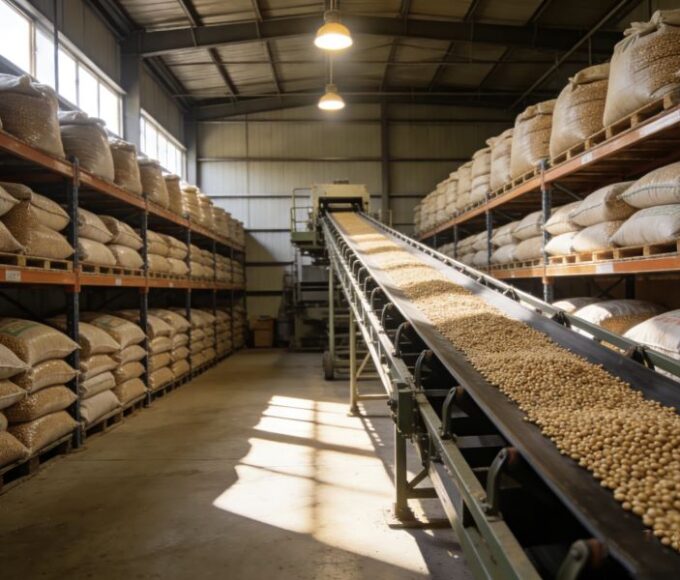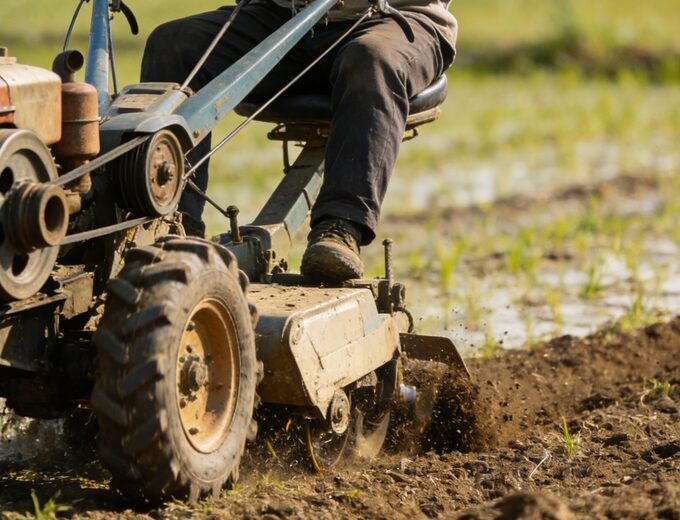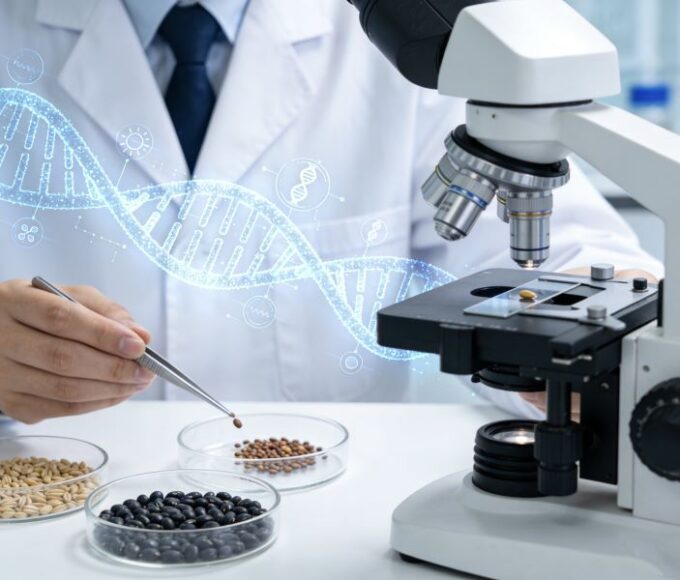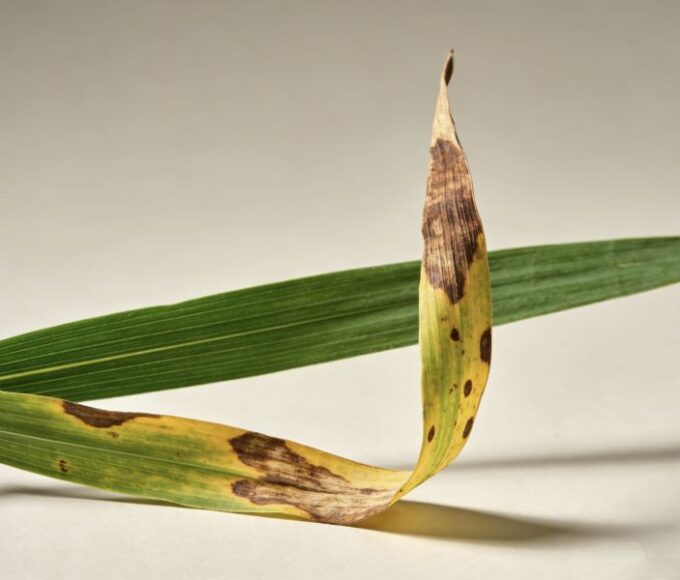In September 2025, the Korea Biosafety Clearing house (KBCH) formally approved Bayer’s genetically modified soybean MON94313 for food applications. This approval, deliberated and passed by the Ministry of Food and Drug Safety’s 246th Genetically Modified Safety Review Committee, marks the variety’s upgrade from feed use to food use.
According to public information, this genetically modified soybean achieves multiple traits through the introduction of four exogenous genes: The DMO gene from Pseudomonas maltophilia, the pat gene from Streptomyces viridans, the ft_t.1 gene from Sphingomonas sp., and the TDO gene from rice confer tolerance to the herbicides dicamba, glufosinate, 2,4-D, and nicosulfuron. Prior to this, the variety has been approved in multiple countries including Australia, New Zealand, the United States, and Canada, with applications spanning food, feed, and cultivation sectors.
Regulation: Science & Labeling Safeguards
This approval process strictly adheres to South Korea’s regulatory framework for genetically modified foods. Under the Republic of Korea Act on the International Movement of Genetically Modified Organisms, all GM foods must undergo scientific evaluation by the Safety Review Committee, with a focus on assessing indicators such as toxicity, allergenicity, and nutritional characteristics. During the review, relevant authorities found no food safety risks associated with this soybean, and its nutritional composition showed no significant differences from conventional soybeans.
Post-approval market circulation will be subject to mandatory labeling requirements. Per South Korean regulations, when genetically modified ingredients exceed 3% of a food product, the statement “Contains Genetically Modified Ingredients” along with the ingredient name must be displayed near the ingredient list. The label font size must be no smaller than half the size of the primary text on the packaging. Seven officially recognized institutions, including the Korea Research Institute of Chemical Technology, will conduct subsequent market sampling inspections to ensure compliance.
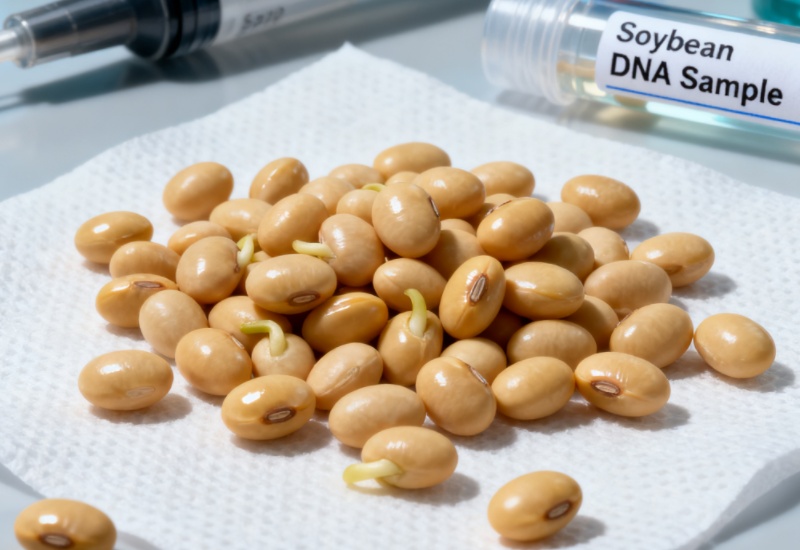
Market: Pragmatic Choice Amid Imports
South Korea’s approval decision stems from its practical reliance on agricultural imports. As a major soybean consumer, the country faces limited domestic production, with over 80% of its soybean demand dependent on imports. Herbicide-tolerant genetically modified soybeans can reduce cultivation costs and stabilize global supply chains, holding practical significance for securing raw material supplies for South Korea’s food processing industry
However, consumer acceptance of genetically modified foods in South Korea remains low. According to 2020 data from the Pew Research Center, 57% of South Koreans view genetically modified foods as unsafe, significantly higher than the global average of 48%. This approval continues South Korea’s consistent strategy of “scientific review + transparent labeling”, ensuring food supply stability while also providing institutional safeguards for consumers’ right to know.









